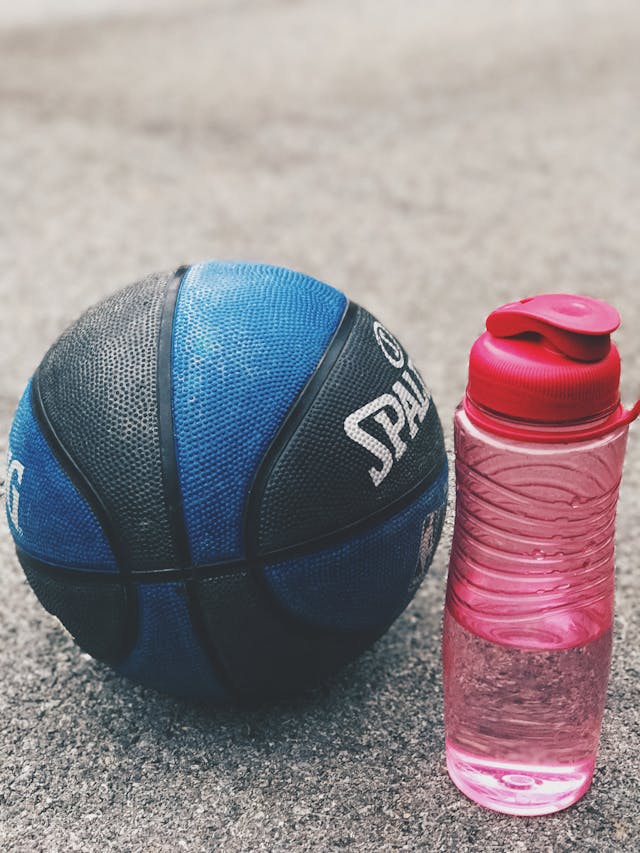
- Choose easy-to-eat, nutritious foods and keep the sick elderly hydrated to aid their recovery process.
- Consider dietary supplements under healthcare guidance to ensure essential nutrients are met during illness.
- Regularly monitor weight and appetite, employing a food diary to track intake and identify dietary issues.
- Seek professional assistance for meal planning and feeding if the elderly struggle with eating or have poor appetite.
As our loved ones age, it’s essential to ensure they are receiving the proper nutrition, especially when they are sick. Poor nutrition can lead to a weakened immune system and slower recovery times. This blog will discuss essential tips to help you ensure your sick, elderly loved ones are getting the nutrients they need to promote healing and overall well-being.
Offer Nutrient-Dense Foods

When caring for a sick, elderly loved one, it’s essential to focus on offering foods that are packed with nutrients. This will ensure that they are getting the necessary vitamins, minerals, and proteins to help their body heal. Some nutrient-dense foods include the following four:
Lean Proteins
Lean proteins are essential for building and repairing tissues in the body. They also help to boost the immune system. Good sources of lean protein include chicken, fish, eggs, tofu, and legumes.
Fruits and Vegetables
Colorful fruits and vegetables provide essential vitamins and minerals to support overall health. Be sure to offer a variety of options, such as leafy greens, berries, citrus fruits, and cruciferous vegetables like broccoli or cauliflower.
Whole Grains
Whole grains are a good source of fiber and can help improve digestion. They also provide essential vitamins and minerals to support healing. Offer whole grain options such as brown rice, quinoa, oats, and whole wheat bread.
Healthy Fats
Healthy fats play an essential role in promoting heart health and brain function. They can also help with nutrient absorption. Good sources of healthy fats include avocados, nuts, seeds, and olive oil.
Try to incorporate a variety of colors on their plate to ensure they are getting a wide range of vitamins and minerals. You can also consult with a registered dietitian to help create a meal plan that meets their specific nutritional needs.
Provide Easy-To-Eat Meals and Snacks
Some elderly individuals may struggle with chewing or swallowing due to illness or other health conditions. To make it easier for them to eat, consider providing softer foods like soups, purees, smoothies, or yogurt. You can also cut up fruits and vegetables into small pieces or offer meal replacement shakes if needed.
Stay Hydrated

Dehydration can be a common issue in elderly individuals, especially when they are sick. Make sure your loved one is drinking enough fluids throughout the day. Offer water, herbal teas, broths, and juices to keep them hydrated. If they have trouble remembering to drink enough water, consider setting reminders or using a hydration app. Additionally, try to limit their intake of caffeinated or sugary beverages. These can actually contribute to dehydration.
Consider Dietary Supplements
In some cases, it may be difficult for sick, elderly loved ones to get all the nutrients they need from food alone. Talk to their healthcare provider about incorporating dietary supplements like multivitamins or protein powders into their daily routine.
These supplements can help fill any nutritional gaps and support their recovery process. Additionally, make sure to follow the recommended dosage and consult with a healthcare professional before starting any new supplements.
Monitor Their Appetite and Weight
It’s essential to keep an eye on your loved one’s appetite and weight when they are sick. Loss of appetite can be common during illness, but ensuring that patients eat enough is crucial for their recovery. Weigh them regularly and consult with their healthcare provider if you notice any significant changes in weight or appetite. You may also want to consider keeping a food diary to track your intake and identify any potential issues.
Employ Professional Help if Needed
If your elderly loved one is struggling to eat, has a poor appetite, or experiences difficulty swallowing, it may be necessary to seek help from a professional. An experienced home service provider can help create a meal plan tailored to their specific needs and provide assistance with feeding. They can also help monitor their intake and make sure they are receiving proper nutrition.
Ensuring that your sick elderly loved ones maintain a nutritious diet is essential for their recovery and overall health. From choosing easy-to-eat foods and keeping hydrated to possibly incorporating dietary supplements and monitoring their appetite and weight, there are several steps you can take to support them through illness.
Don’t hesitate to employ professional help if you encounter challenges in meeting their nutritional needs. Remember, every small effort counts towards their well-being and can significantly impact their recovery pace and quality of life. By being proactive and attentive to their dietary needs, you’re not only aiding their physical health but also showing them love and care during a challenging period.
